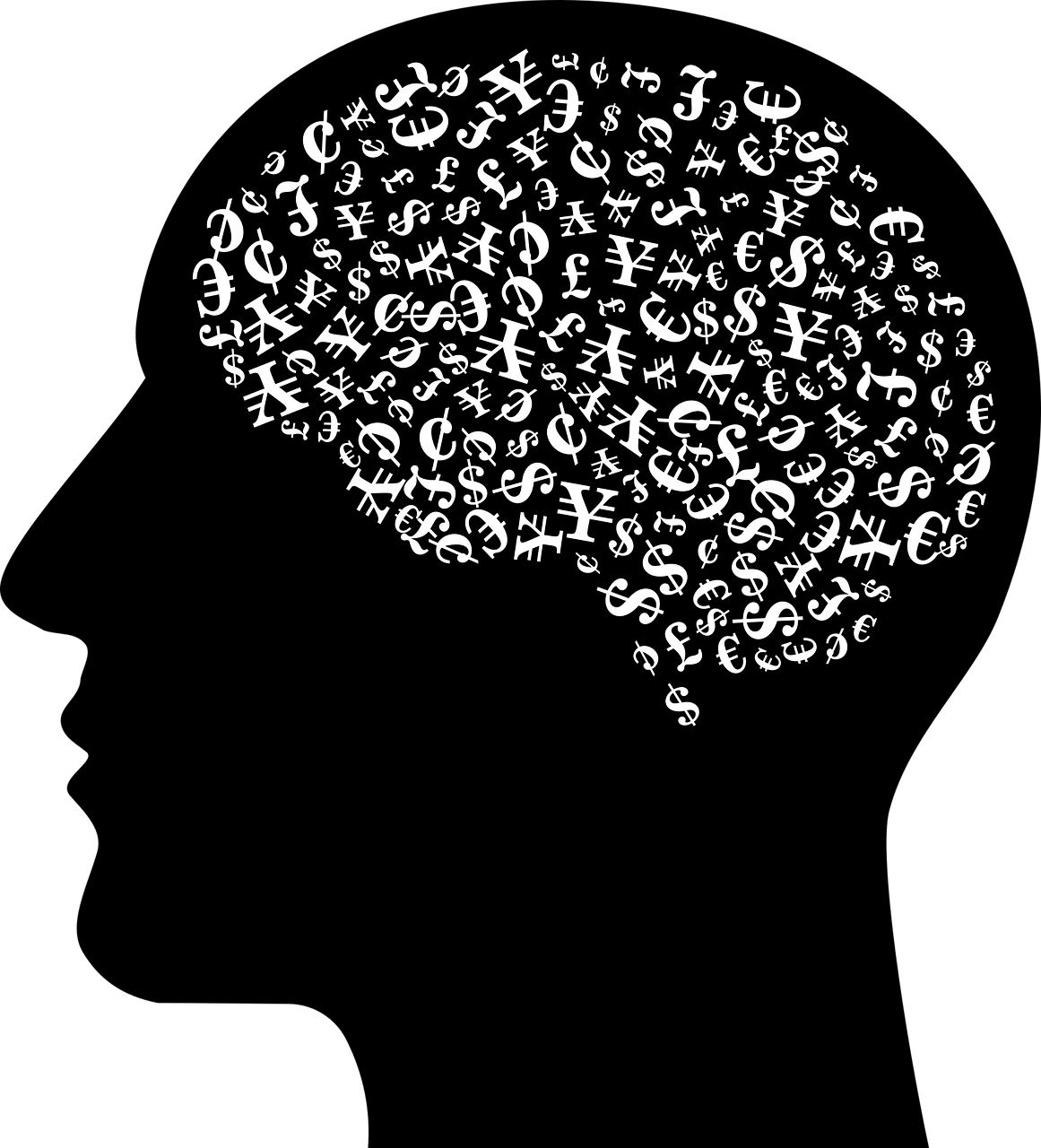In today’s data-driven business landscape, data scientists have quickly become one of the most in-demand and valuable roles. But it takes more than just technical prowess to maximize value as a data scientist. Soft skills like communication, collaboration and business acumen are equally vital.
Mastering the soft skills gap can help data scientists evolve from isolated number crunchers to key partners informing critical decisions across the business. With data permeating every function, data scientists with strong soft skills have an opportunity to drive greater impact and career advancement.
Let’s explore 5 must-have soft skills that will allow data scientists to level up their influence and unlock their full potential in 2021 and beyond.
1. Communication – Making Complexity Understandable
Perhaps the most important soft skill for data scientists is communication – specifically, being able to relay complex insights in simple, intuitive ways. This makes a world of difference when conveying results to non-technical colleagues and leaders.
Data scientists must act as translators. Their analyses may be mathematically sound, but the business impact gets lost if stakeholders can’t comprehend the significance. Using layman analogies, thoughtful visualizations and clear language ensures data scientists get buy-in to drive change.
Impactful data scientists tailor their communication style and level of detail for the audience, while still retaining accuracy. For executives, this means summarizing insights at a high level using business metrics. When presenting to data teams, more technical details could be warranted.
Writing and public speaking skills are equally key. Data scientists may need to compose accessible reports, present at company meetings or evangelize data insights across teams. Condensing complex concepts into compelling narratives is crucial.
Ultimately, data is useless if it can’t be clearly conveyed. Hone communication skills to translate analytics into meaningful insights everyone can understand and act upon.
2. Collaboration – Working Cross-Functionally
Data doesn’t exist in a silo. To generate value from data, collaboration is required across teams and functions. Strong teamwork skills enable data scientists to integrate insights across the business.
Start by proactively partnering with department leads in sales, marketing, operations and product development. Understand their goals, challenges and how data could inform their decisions. Act as a consultant focused on solving their problems, not just analysis for its own sake.
Data scientists should also coordinate with other roles interacting with data. Data engineers can provide the pipelines and infrastructure for modeling. Business analysts know how to apply findings. Combining forces ensures analytics maturity permeates the organization.
Look to collaborate outside the organization as well. Partnerships with external researchers, academics and data providers can help fill knowledge gaps. Data sharing initiatives between companies and consortiums hold untapped potential for experimentation.
At every opportunity, data scientists should ask “Who can I work with to strengthen this analysis and magnify its impact?” The sum is greater than its parts.
3. Creativity – Connecting Disparate Dots
While academics don’t necessarily teach creativity, it’s a vital mindset when deriving insights. Inquisitiveness, intellectual curiosity and thinking differently are key.
Experimentation and questioning assumptions are crucial. Analytic concepts from other disciplines like behavioral psychology, linguistics or neuroscience often hold lessons for better data science.
Data scientists must view problems from multiple angles and make connections others miss. The proliferation of data represents infinite possibilities to apply creative thinking.
For example, analyzing sentiment signals from customer support interactions alongside purchase data could strengthen product development. Studying readings from IoT sensors coupled with energy usage stats may inform predictive maintenance.
Creative leaps coupled with contextual understanding helps uncover adjacent analytic opportunities. That’s how data scientists move from incremental gains toward real innovation.
4. Critical Thinking – Asking the Right Questions
Critical thinking represents the sharpening stone for creativity. It’s what hones vague ideas into sound insights. Data scientists should constantly apply rigorous logic to poke holes in conclusions.
Always scrutinize if analytic approaches maintain integrity. Watch that confirmation bias isn’t distorting a model’s integrity to fit preconceived notions. Validate statistical significance and standardize metrics and methodology.
Question external data’s completeness and accuracy before assimilating it. Review the embedded biases in AI models developed internally or acquired through vendors. Insist on transparency and guardrails.
Data scientists also need awareness of overstepping their expertise. Not every business challenge is best addressed by crunching numbers. Leaders with experience must help guide proper application of analytics.
Above all, prioritize asking relevant business questions then identify appropriate data signals to derive answers. Critical thinking applied on the front end drives more impactful results.
5. Leadership – Guiding Data Culture
With their specialized expertise, data scientists bear a responsibility to champion data literacy throughout their organizations. This means stepping into leadership roles as educators guiding data-driven culture.
Serve as internal advocates who break down barriers between departments and demystify data. Create opportunities to share knowledge and illuminate the art of the possible with data. Frame analyses in terms of their real world application.
Data scientists should mentor junior staff by sharing techniques and best practices. But leadership also involves listening to suggestions from members at all levels of the organization. Fresh perspectives prevent analytics from stagnating in an echo chamber.
Overall,Instill the mindsets and enthusiasm necessary to become a truly data-driven organization. Letting insight permeate every decision and process accelerates performance gains.
Data scientists with solid soft skills in communication, collaboration, creativity, critical thinking and leadership augment their technical skills to make bigger business impacts. While soft skills require continual honing, mastering this set accelerates the analytics learning curve and unlocks the full power of data science. Companies stand to gain a major competitive edge by developing well-rounded data scientists.
Those assuming the data scientist role shouldn’t underestimate the importance of soft skills. Technical talent only goes so far when working cross-functionally applying analytics to real-world problems. Cultivating the soft skills explored here positions data scientists to evolve into strategic partners guiding business decisions at the highest levels.




